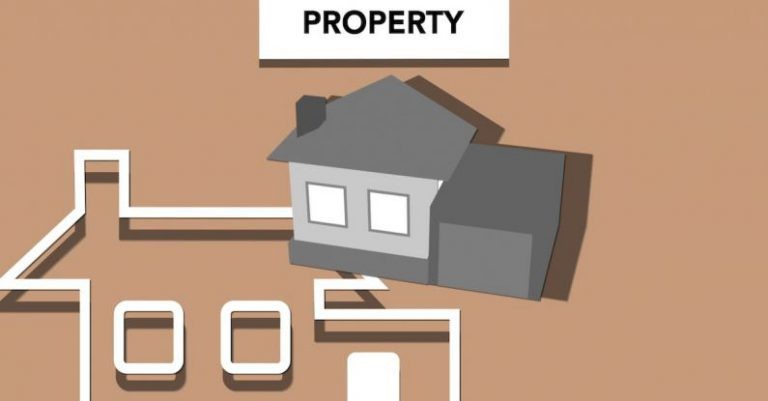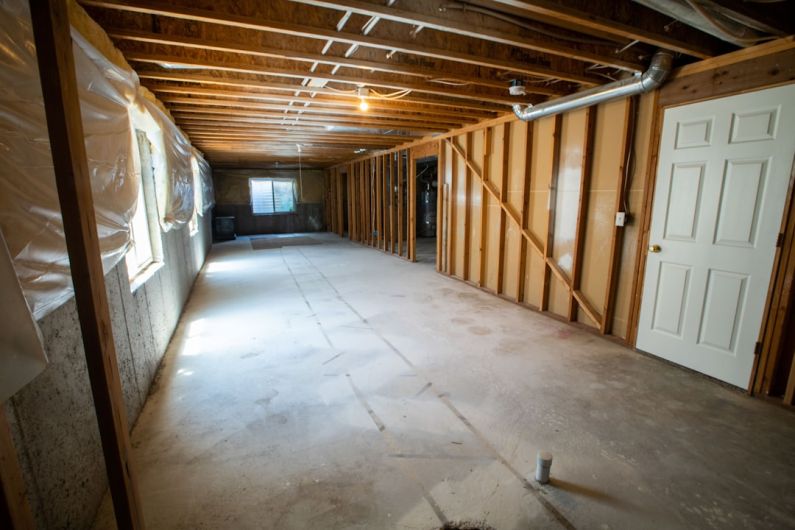What Permits Do You Need for a Major Remodel?
Undertaking a major remodel can be an exciting and transformative experience for homeowners. Whether you are planning to add an extension, renovate your kitchen, or create an open-concept living space, it is important to understand the permits you may need before starting your project. Obtaining the necessary permits ensures that your remodel is in compliance with local building codes and regulations, and can help you avoid costly fines and delays. In this article, we will explore the permits commonly required for a major remodel.
Building Permit
One of the most important permits you will need for a major remodel is a building permit. This permit is typically required for any structural changes or additions to your home. It ensures that your remodel meets safety standards and building codes. Examples of projects that require a building permit include adding or removing walls, constructing a new room or addition, or making changes to your home’s foundation. Before applying for a building permit, you may need to provide detailed plans and specifications of your remodel to the local building department.
Electrical Permit
If your remodel involves any changes to the electrical system in your home, you will likely need an electrical permit. This permit is necessary for projects such as rewiring, installing new outlets or fixtures, or upgrading your electrical panel. It ensures that the electrical work is done by a licensed professional and meets the safety standards outlined in the National Electrical Code. Before obtaining an electrical permit, you may need to submit plans and have the work inspected by a qualified electrical inspector.
Plumbing Permit
Similar to the electrical permit, a plumbing permit is required for any plumbing-related changes in your remodel. This includes projects such as adding new plumbing fixtures, relocating pipes, or installing a new water heater. A plumbing permit ensures that the work is done by a licensed plumber and complies with local plumbing codes and regulations. Before applying for a plumbing permit, you may need to provide detailed plans and have the work inspected by a plumbing inspector.
Mechanical Permit
If your remodel involves any changes to your heating, ventilation, or air conditioning (HVAC) system, you will likely need a mechanical permit. This permit is necessary for projects such as installing a new HVAC unit, adding ductwork, or making modifications to your existing system. It ensures that the work is done by a licensed HVAC contractor and meets the requirements of local mechanical codes. Before obtaining a mechanical permit, you may need to submit plans and have the work inspected by a mechanical inspector.
Additional Permits
In addition to the permits mentioned above, there may be other permits required depending on the scope of your remodel. These can include permits for demolition, excavation, or even permits for environmental concerns such as asbestos removal. It is important to consult with your local building department or a professional contractor to determine the specific permits needed for your project.
Conclusion
Undertaking a major remodel can be a complex process, but obtaining the necessary permits is a crucial step to ensure the success and legality of your project. Building, electrical, plumbing, and mechanical permits are often required for a major remodel, and additional permits may be necessary depending on the specific project. It is important to understand and comply with local building codes and regulations to avoid costly fines and delays. Consulting with professionals and experts in the field can help guide you through the permit process and ensure that your remodel is completed safely and efficiently.






